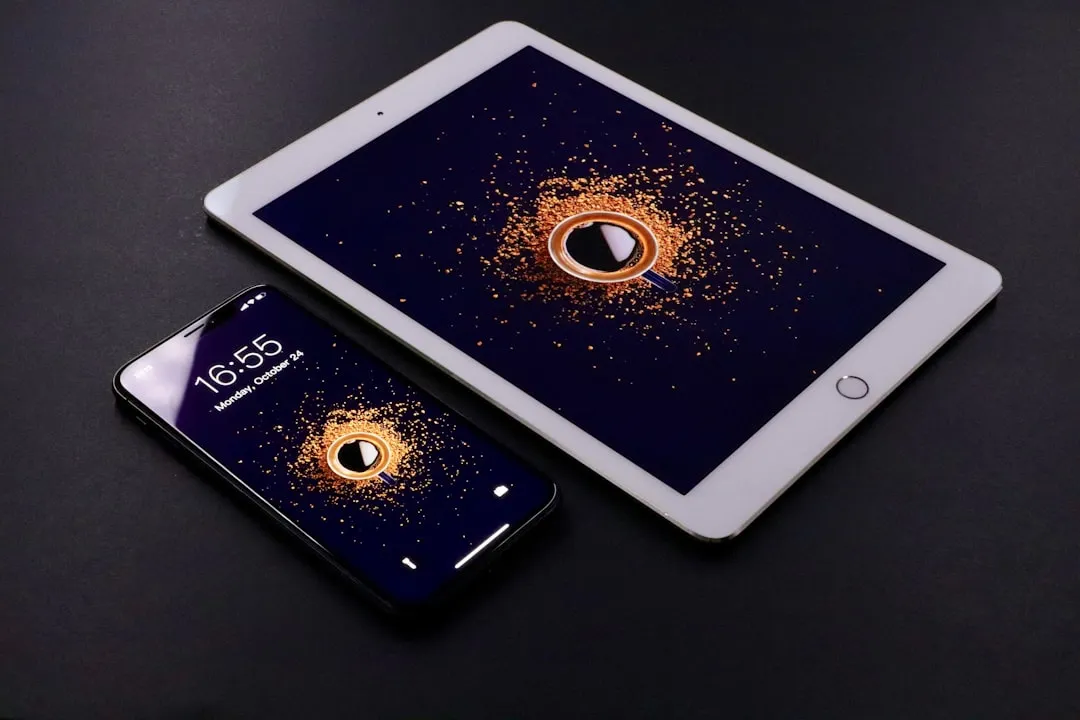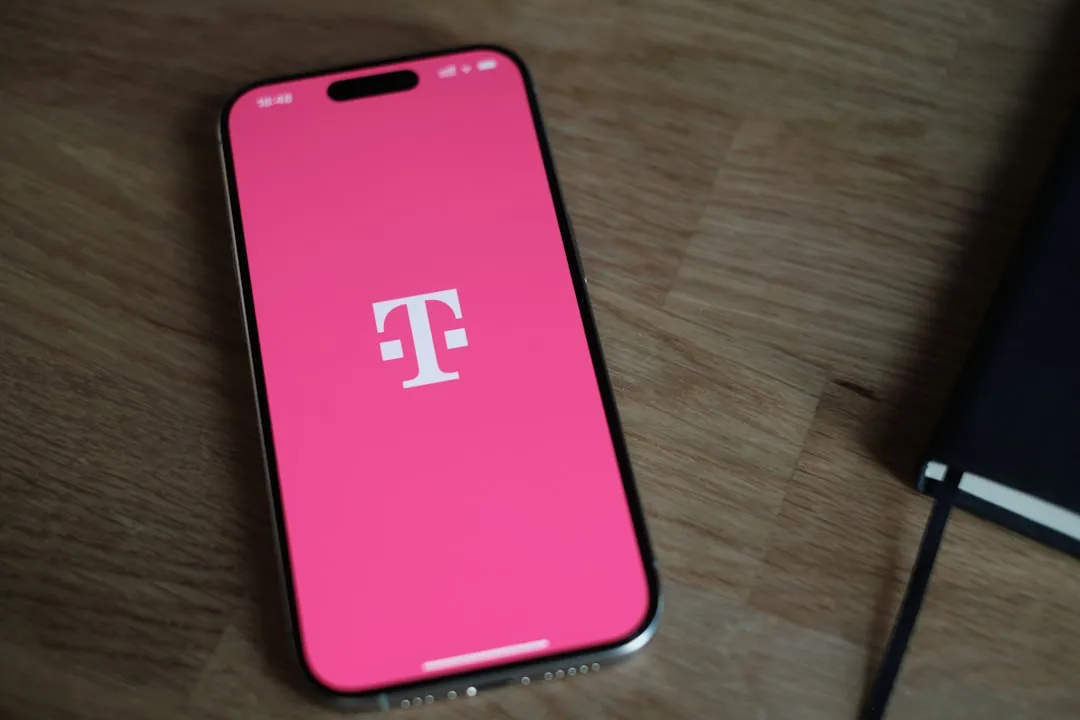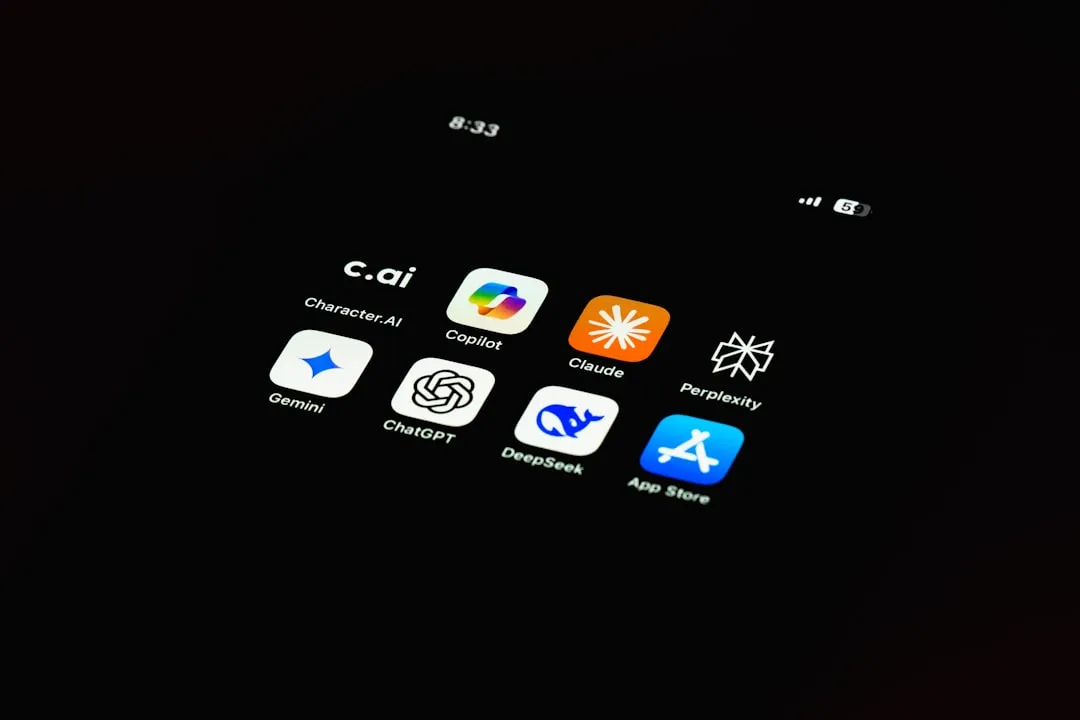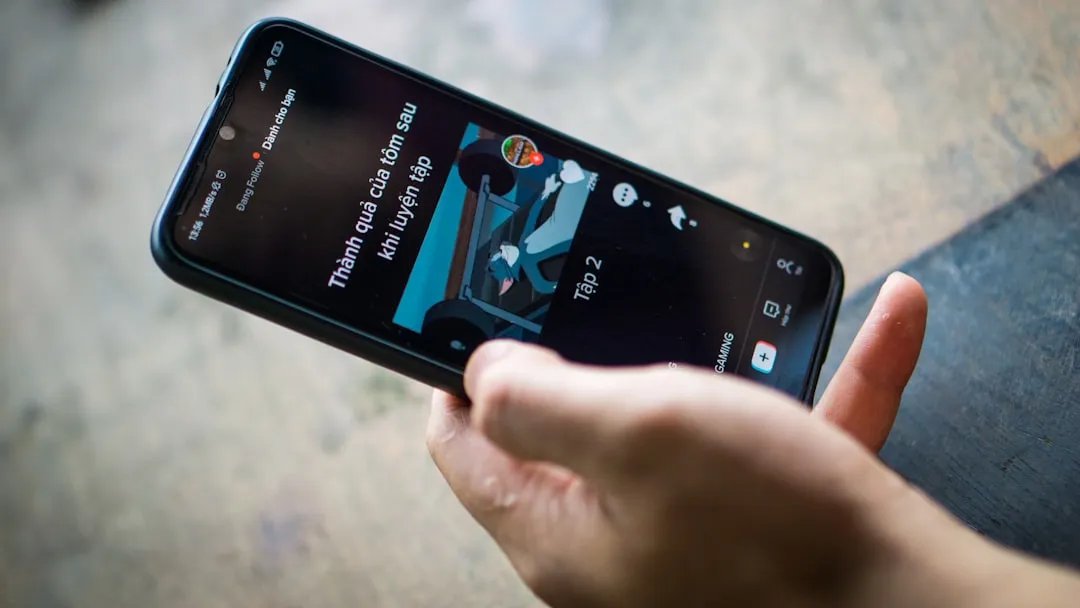For all the benefits 5G brings to cellular data, it isn't without weaknesses, the biggest being privacy. Yes, the latest standard comes with breakneck downloads speeds up to 4.3 Gbps, but at what cost? Like with all things on the internet, 5G devices open opportunities for both good and bad actors.
This is not to say 5G isn't more secure than its predecessor. Analysis from multiple universties has revealed that data protection improved over 4G LTE and other older standards. However, 5G significantly widens the accessibility of the internet. With more devices being able to use the web consistently, there are more opportunities for hackers and other malicious users.
- Don't Miss: Everything You Need to Know About 5G
#1. Location Tracking Just Got a Lot More Precise
Your 4G phone is probably connected to a tower multiple miles away, which it uses to make calls and browse the internet. It is with this connection that others can track your location even when your GPS sensor is turned off.
Based on the towers you are connected to, hackers, ISPs, and other third parties can triangulate your position within a few miles, getting a rough idea of where you are currently located. With 5G, this tracking gets narrowed down to a few feet.
To provide 5G using mmWave frequencies, wireless carriers have set up a series of small cells around cities. These miniature towers help keep your phone connected to the high-frequency 5G network, which have a very short range (around 1500 feet). These small cells are deployed on most city blocks to ensure that buildings, walls, or even trees don't block the signal.

5G uses "small cells," which narrows location tracking capabilities.
Using the same technique, third-parties agents can triangulation your position based on the phone's connected towers. And now that these towers are only a few feet away, your precise location is easier to obtain. How precise? Using only towers, your location can be determined down to the intersection, depending on how many small cells are in the area. While both Android and iOS have taken measure to block third-party access to this information, there are still several tools outside of their official app stores which can circumvent these restrictions.
#2. More Tools for Bad People
Once 5G is fully deployed, it will allow for many IoT devices to be connected to mobile networks. Most of these devices will run uninterrupted 24/7 as they consume low power and use a low amount of data. IoT Analytics estimated an increase in these devices from 7 billion in 2018 to 21.5 billion by 2025.
With such a large amount of internet-connected devices, hackers have a larger attack surface to disrupt the network. Distributed denial-of-service (DDoS) is a type of cyberattack where a user takes control over multiple devices to ping a target until the system is overwhelmed. With 5G, these types of attacks will be larger and more frequent.
Using the data collected by IoT, domestic abusers, stalkers, and other criminals can purchase this information to harm victims. Many smart devices can determine your location and obtain some personal information using sensors like an accelerometer or ambient light sensor. As thanks to a 24/7 data connection, they can easily transmit this data to third-party servers to be used against you.
#3. More Vulnerable Points & Attack Surfaces
With more smart devices, the chances of a hack occuring increases. Not every manufacturer has the team in place to adequately protect their equipment from all threats now that their device is connected full-time to the web.
We have already seen this situation play out. There are millions of Android smartphones, tablets, and other devices running old software, vulnerable to exploits and bugs that have long been patched. While it is easy for us to upgrade our computers or phones, what about our smart cars or smart appliances? Many will be unwilling to replace a perfectly good smart camera, even if the manufacturer ends support, making it a prime target for hackers.
#4. More Broadband Devices, More Data Collection
Even when hackers don't get you, the marketing companies do. 5G will have more devices than ever connected to the web, with our clothes, cars, and most of our houses all having an active data connection. How you interact with these devices is valuable to advertisers, which will make it tempting for smart device manufacturers to sell your usage data.
Right now, ISPs can sell your browsing history. Amazon keeps some voice interactions between you and Alexa even if you delete them. Smart TVs sell your what you watch to advertisers. Without access to cellular data, your personal information is being collected with a limited ability to stop it. Now that many of those same devices will use 5G, it will only get worse.
With 5G, your car can collect data about where you travel and what gas station you stop at. Your smart refrigerator can send information about what's on your grocery list. Your smart clothes can determine your style. And all this information can be sold to advertising firms who can get a good sense of the person you are and how to sell to you.
Ads in the 5G era will get much more personal, targeting specifically what you want instead of a general idea. But the cost of this personalization is a huge loss to our privacy. And more importantly, it makes these companies a bigger target for hackers, as they have even more concise information about you.
#5. China Has Their Fingerprints All Over 5G
There has been growing concern about Huawei for years, dating back to 2008 when suspicions were raised by the Committee on Foreign Investment in the United States over a deal between them and Bain Capital to acquire 3Com. Two years later, Sprint Nextel Corp. excluded both Huawei and ZTE from a contract over security concerns, which again involved their ties to the Chinese government and military.
The problem is Huawei has positioned itself as a leader in 5G equipment. According to Huawei, two-thrids of all commercially-launched 5G networks outside of China use their equipment. While the US has effectively banned the use of their equipment, other nations such as Germany, Hungary, Switzerland, and Spain have not, and many more have only limited Huawei from their 5G plans.
If any part of the network uses Huawei technology, there is a chance the controversial company will have access. If you call your friend in Germany, your wireless carrier must interact with their carriers' network, which is likely using Huawei's equipment. If the accusations are true, Huawei could relay your conversation to the Chinese government, who could use this in a number of ways to affect your life and the US as a whole.
Cover image by Jon Knight/Gadget Hacks

























Comments
Be the first, drop a comment!